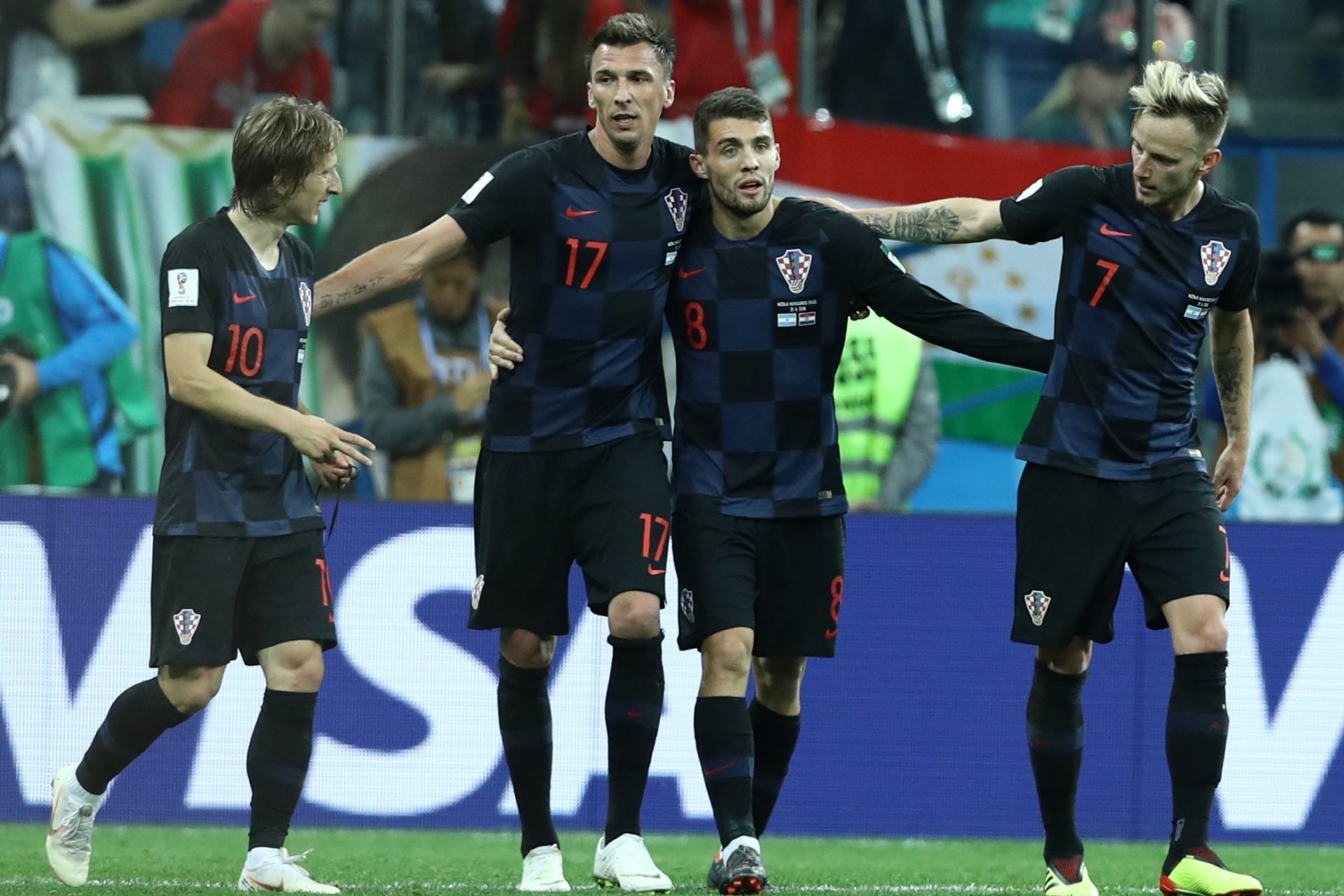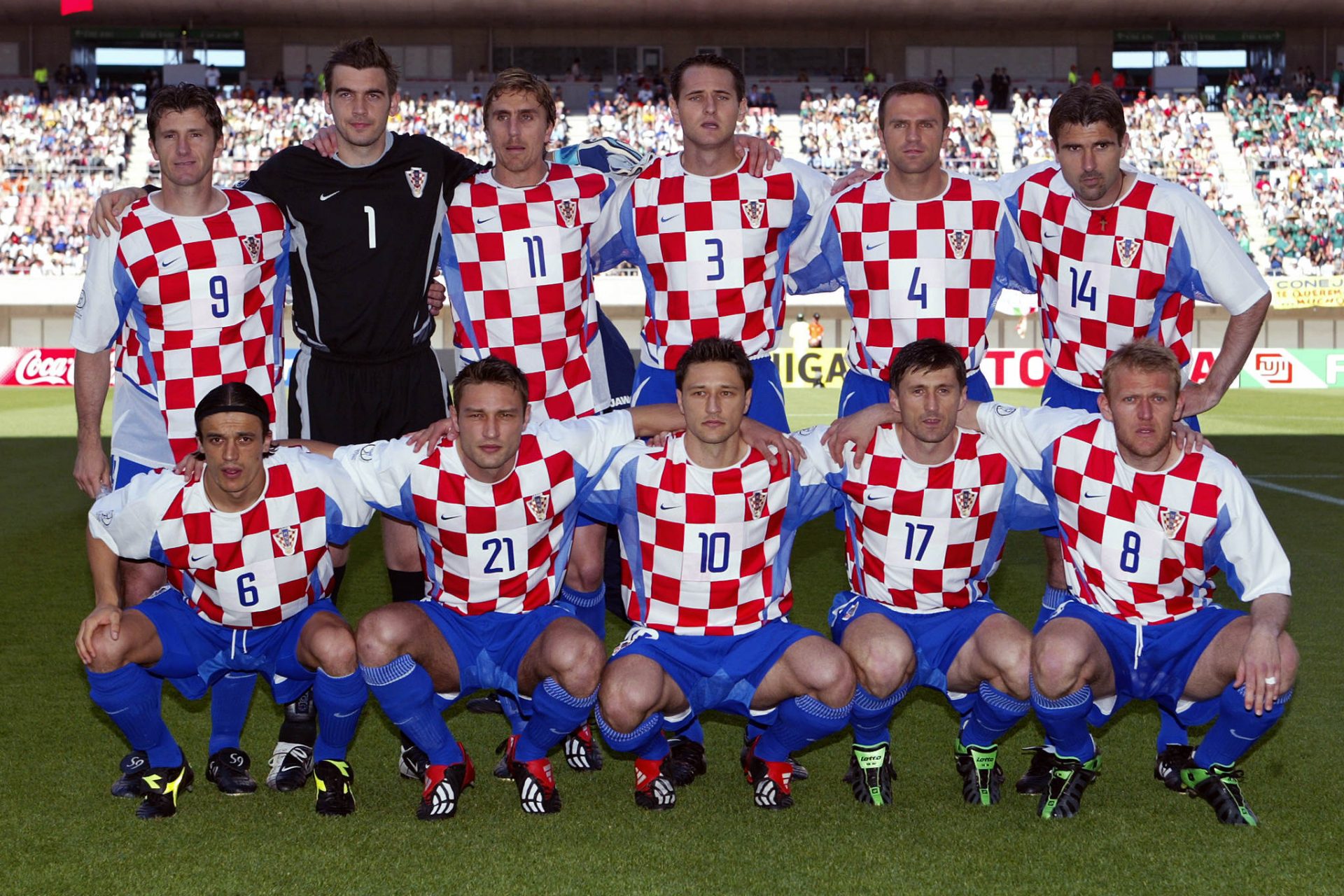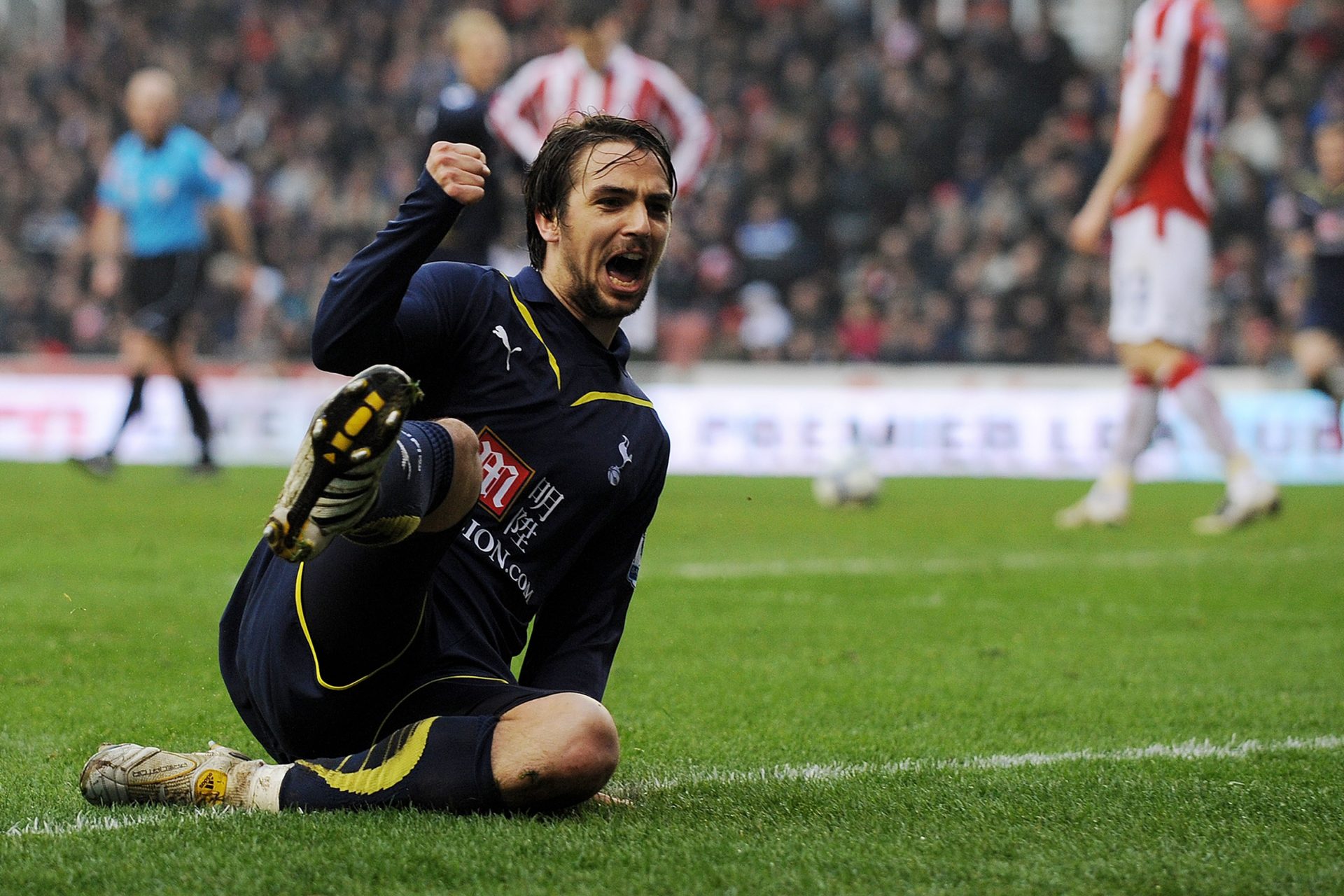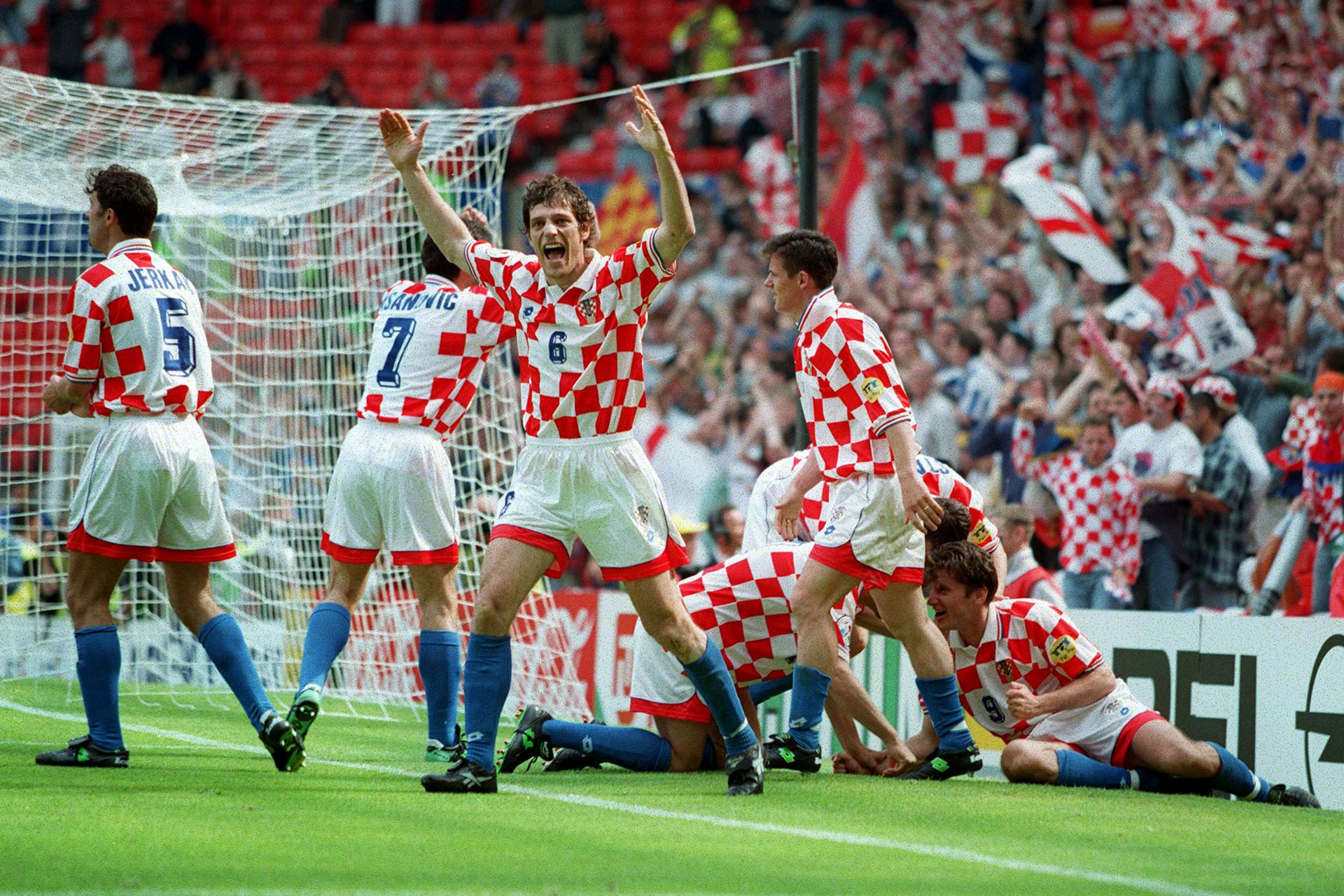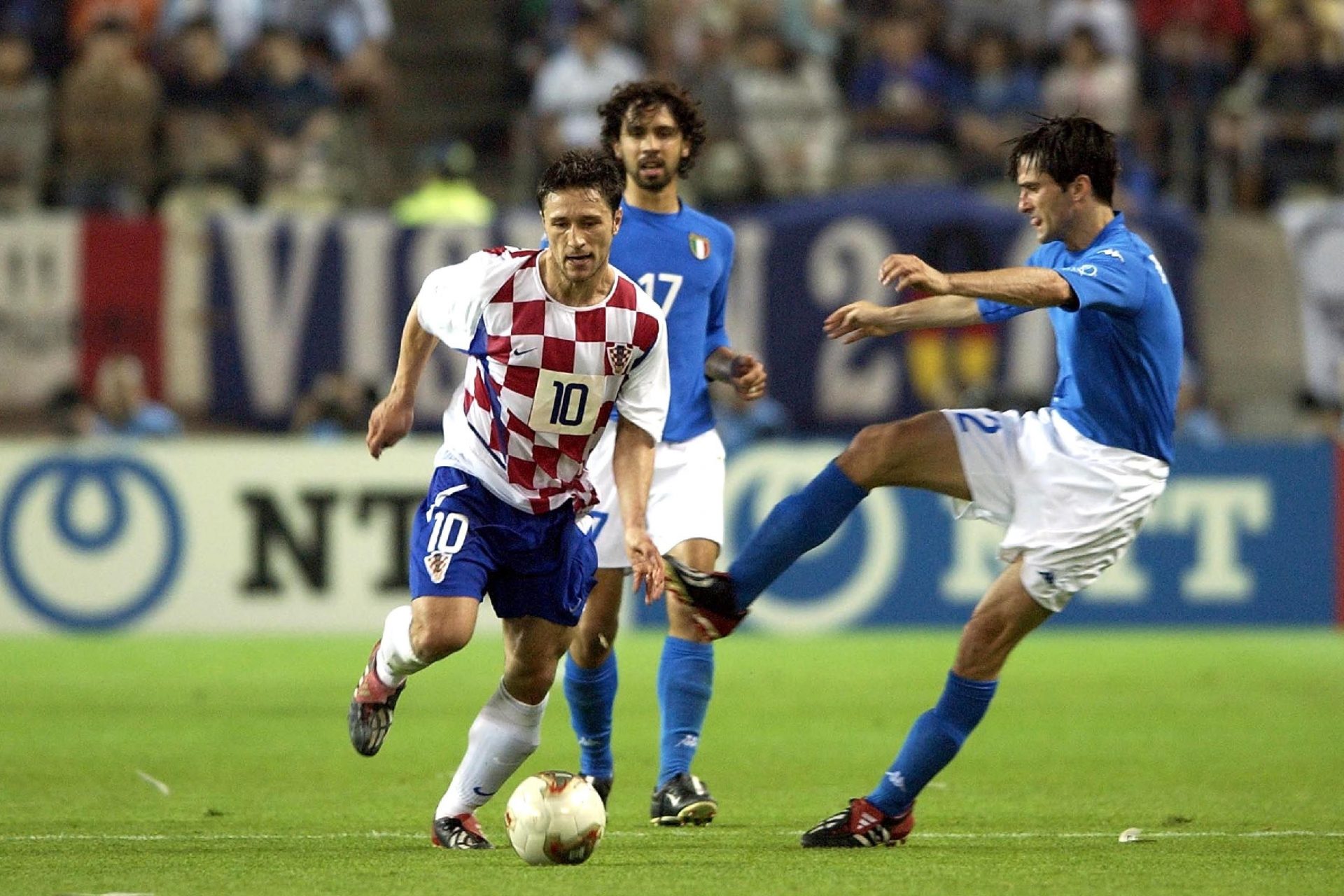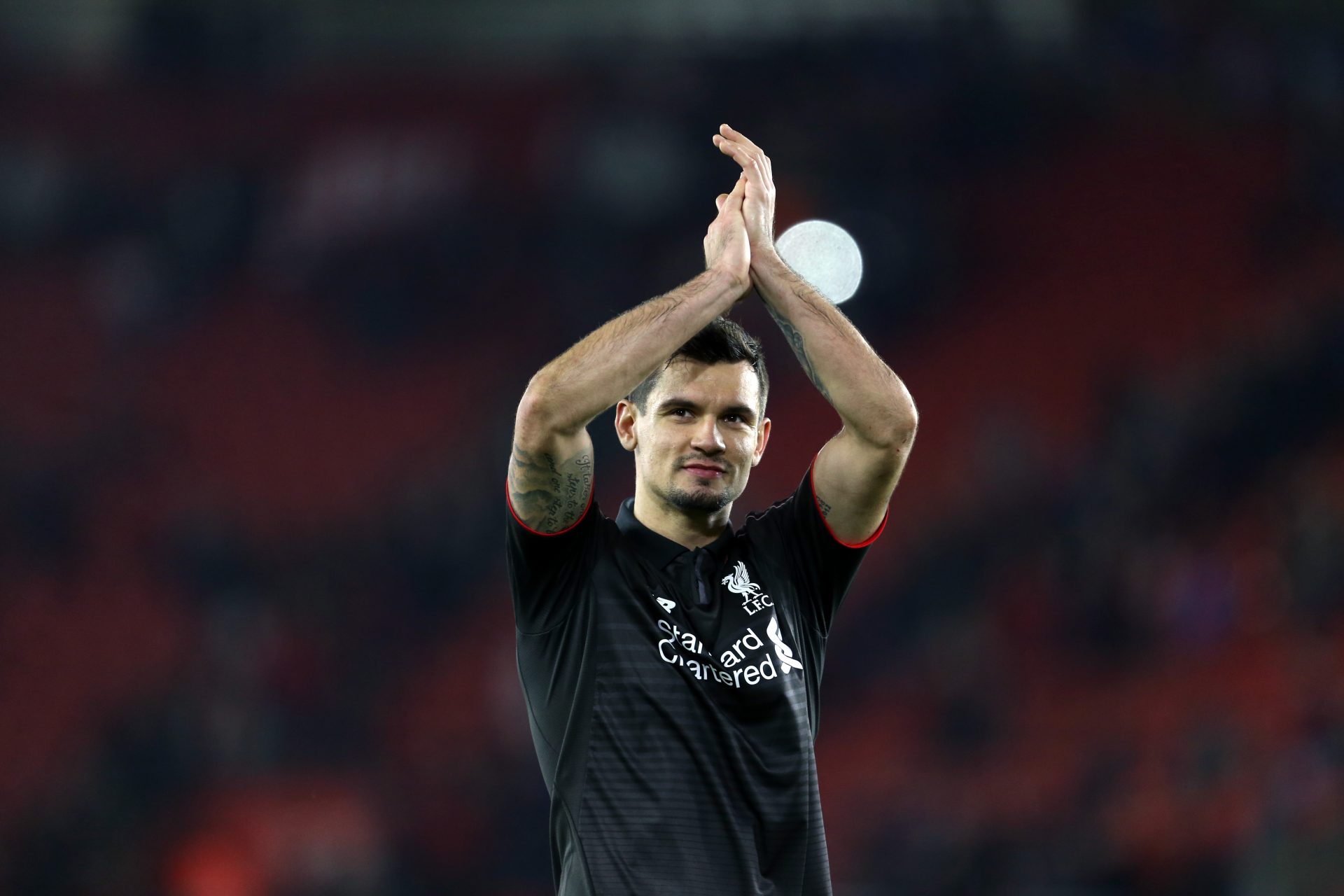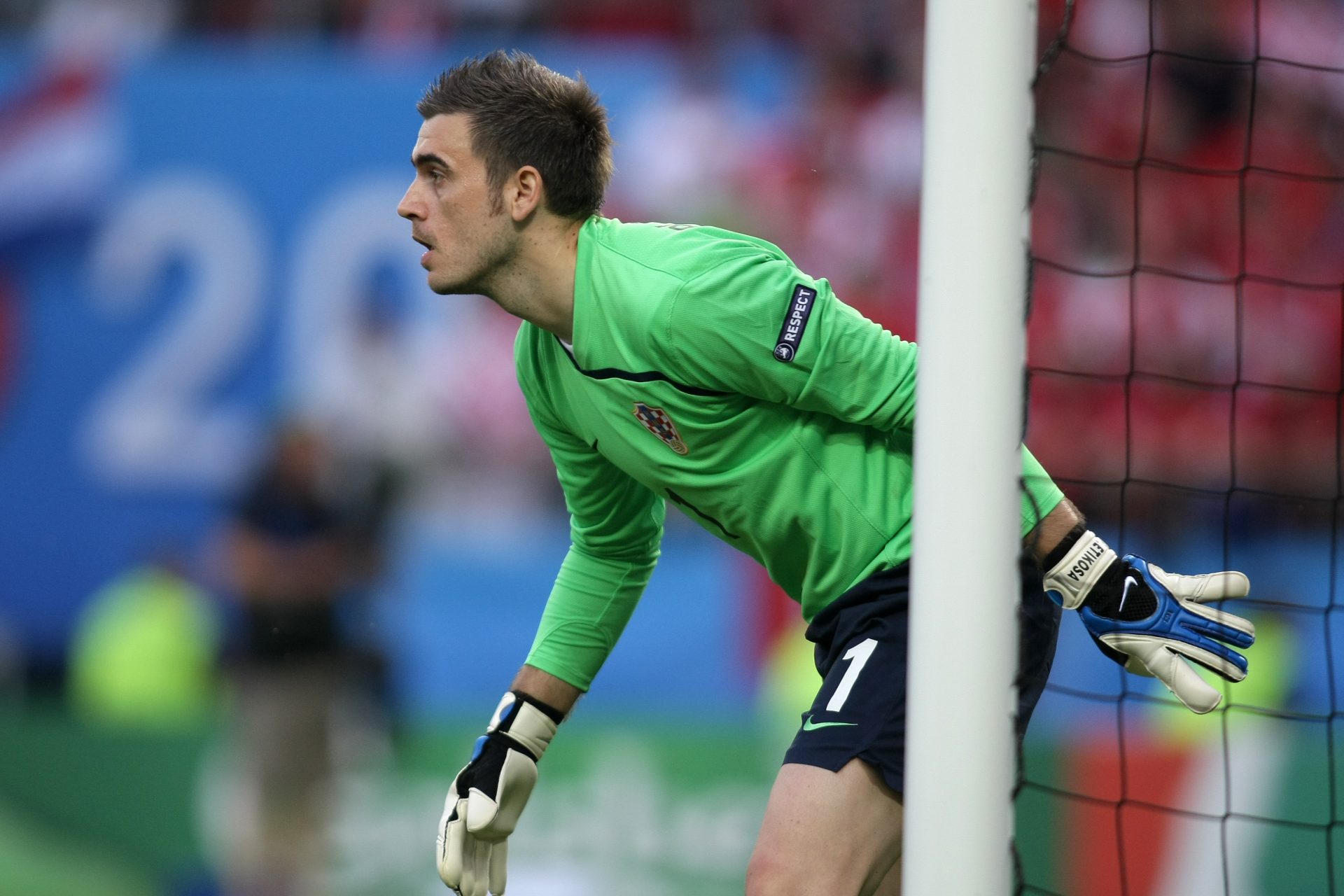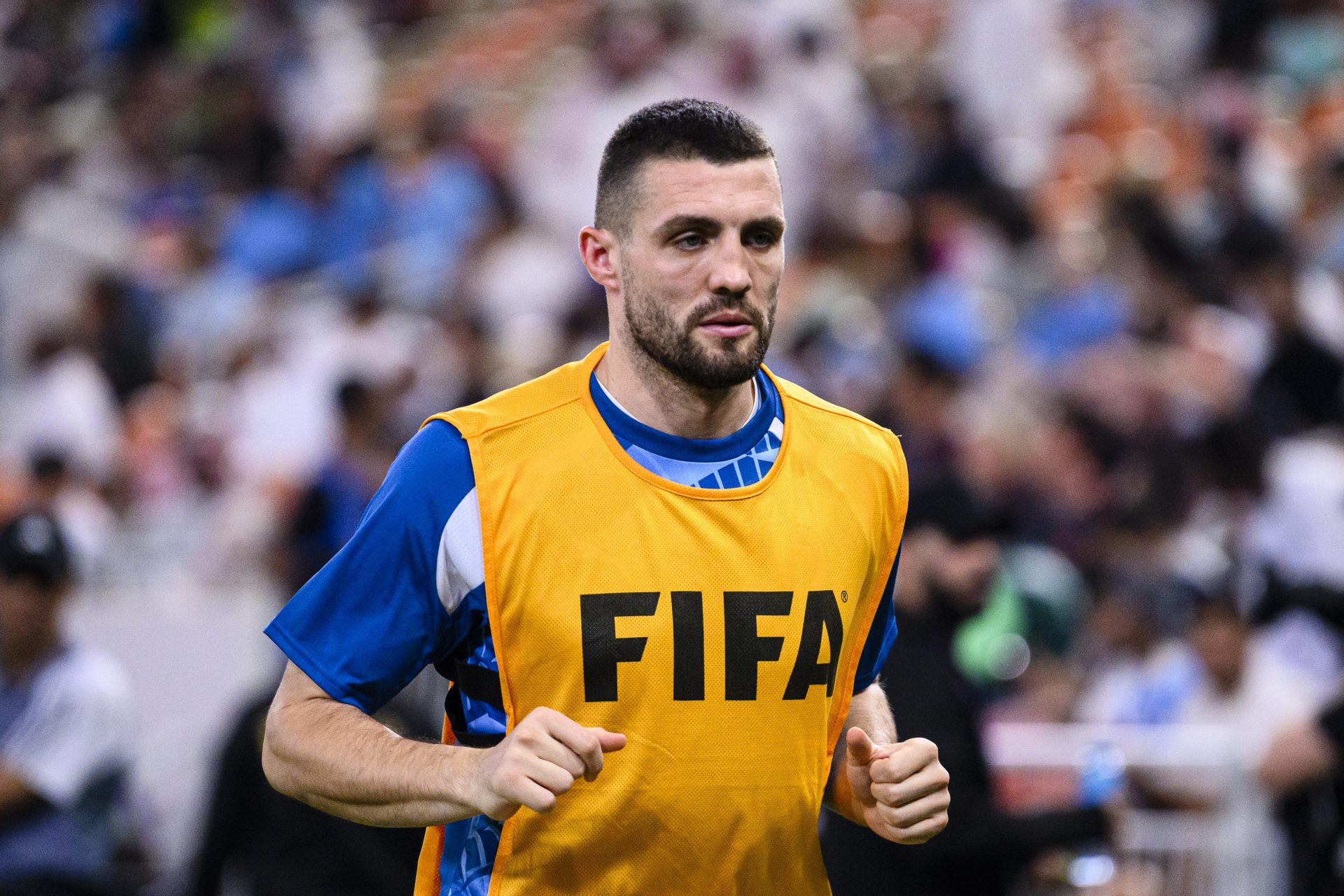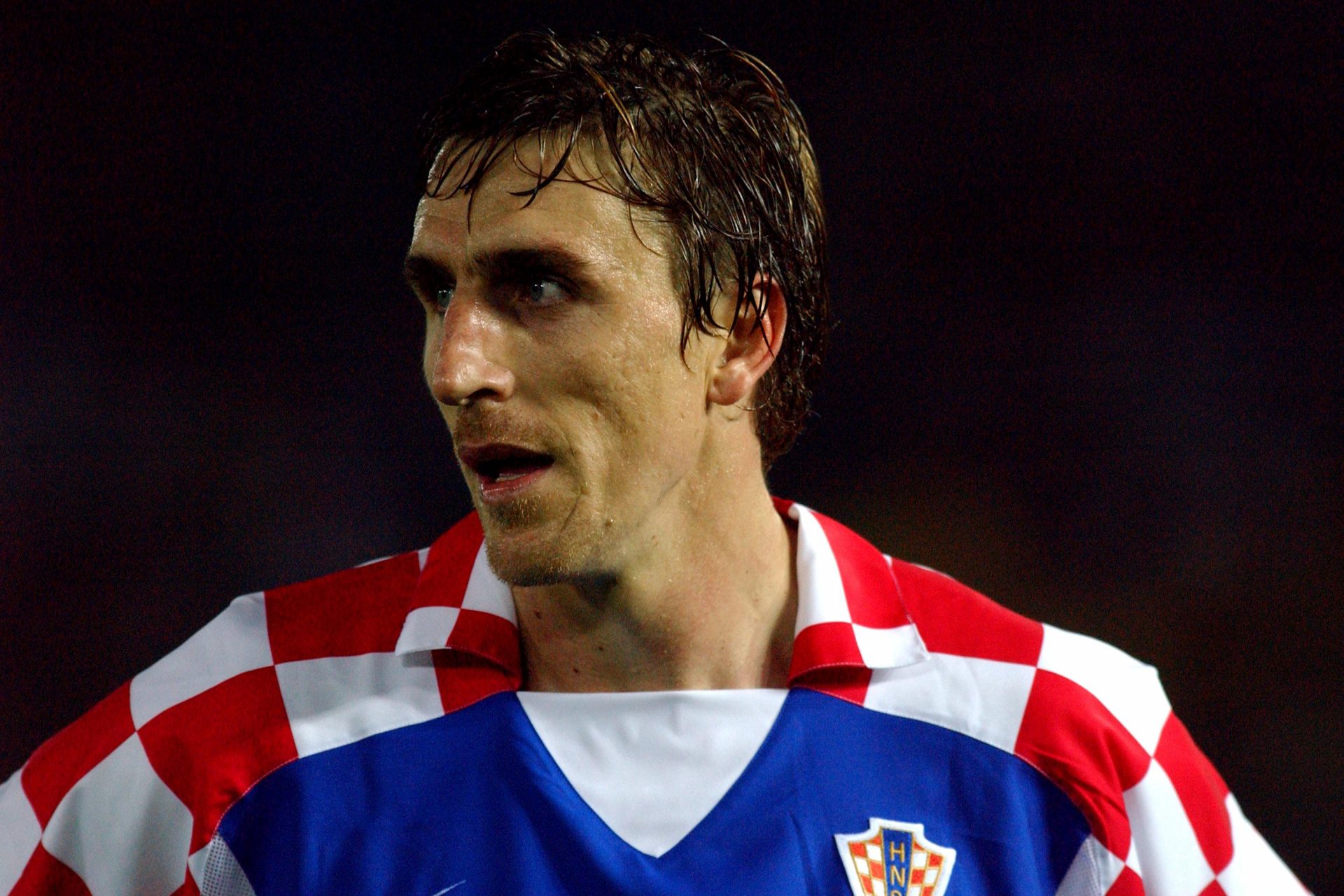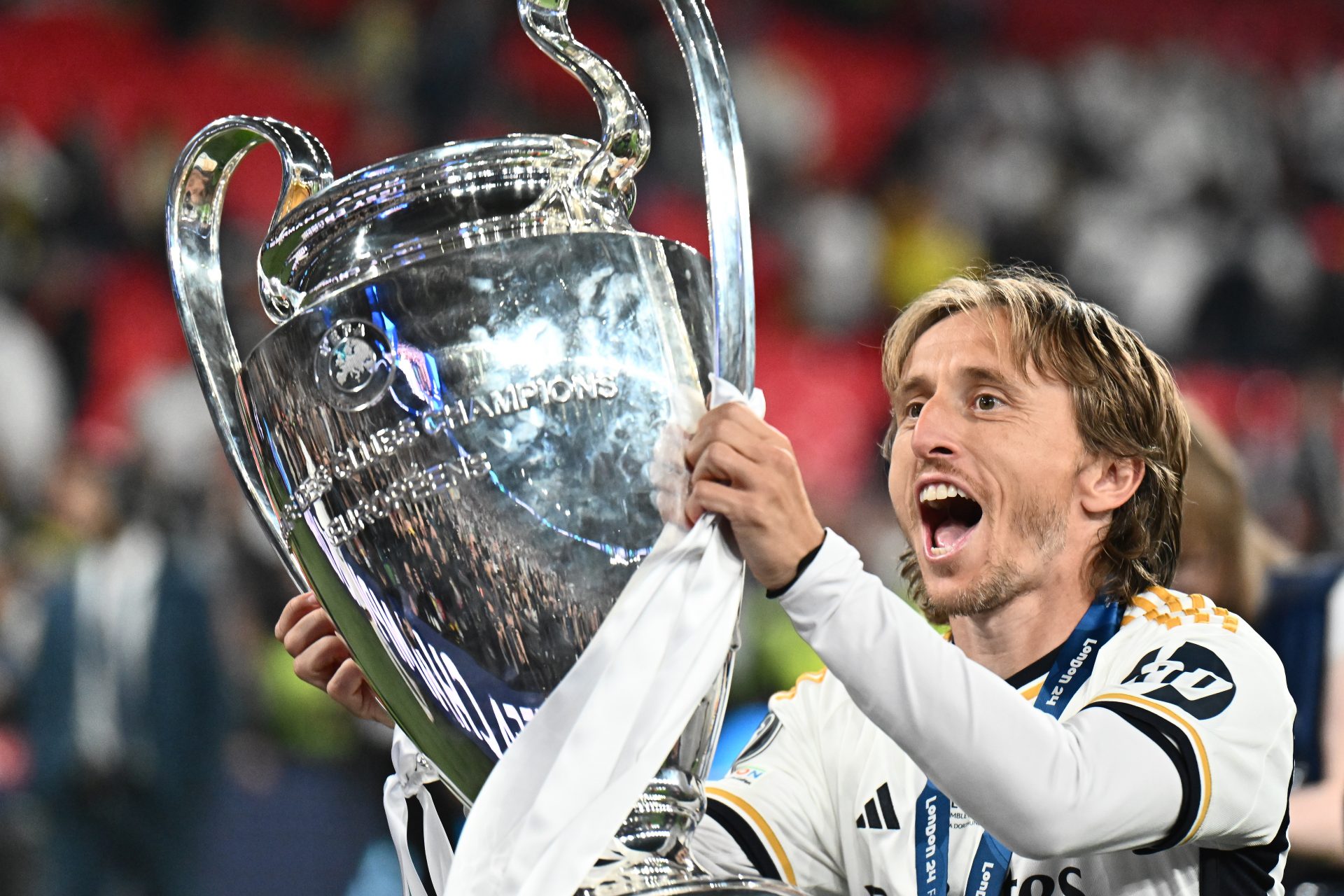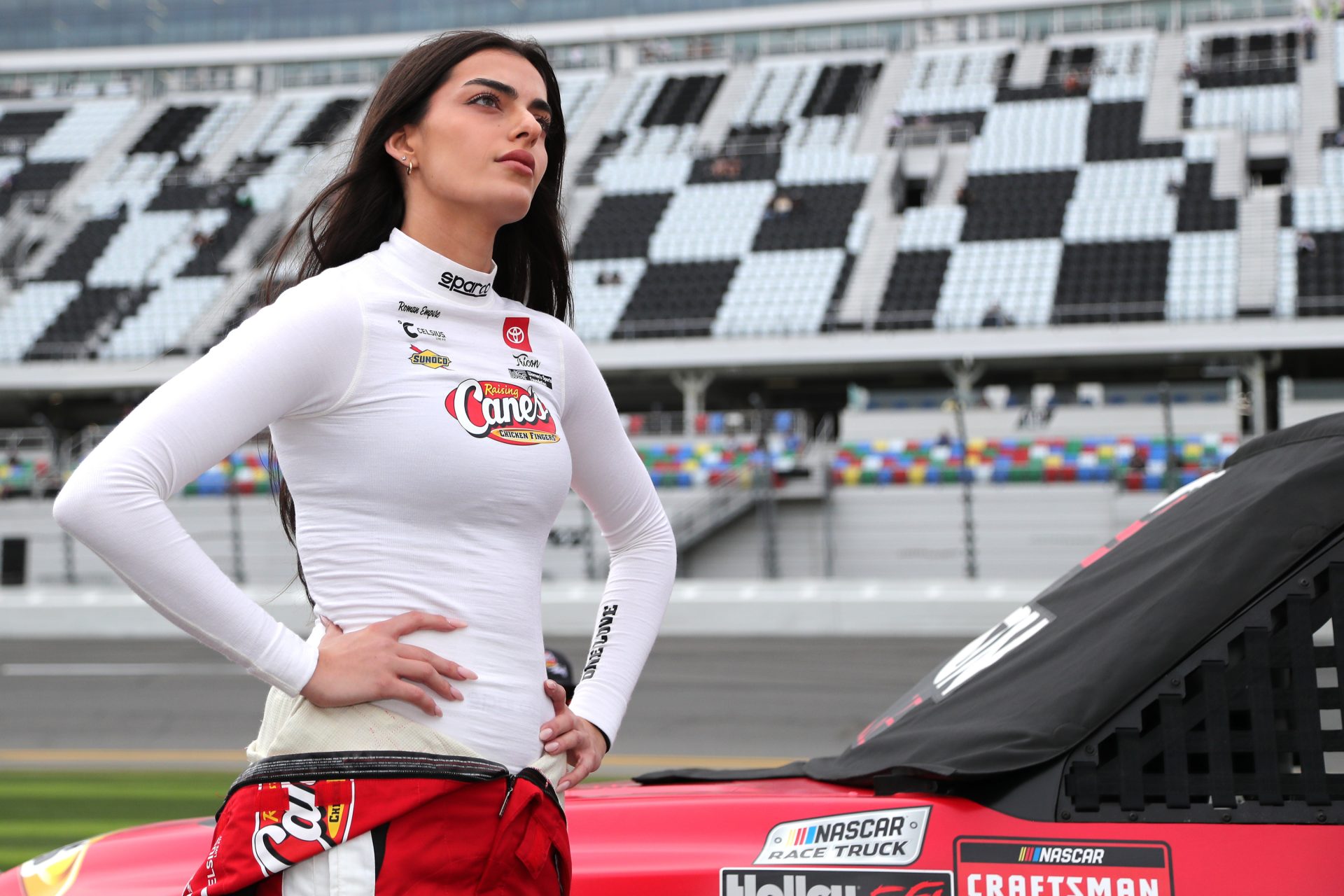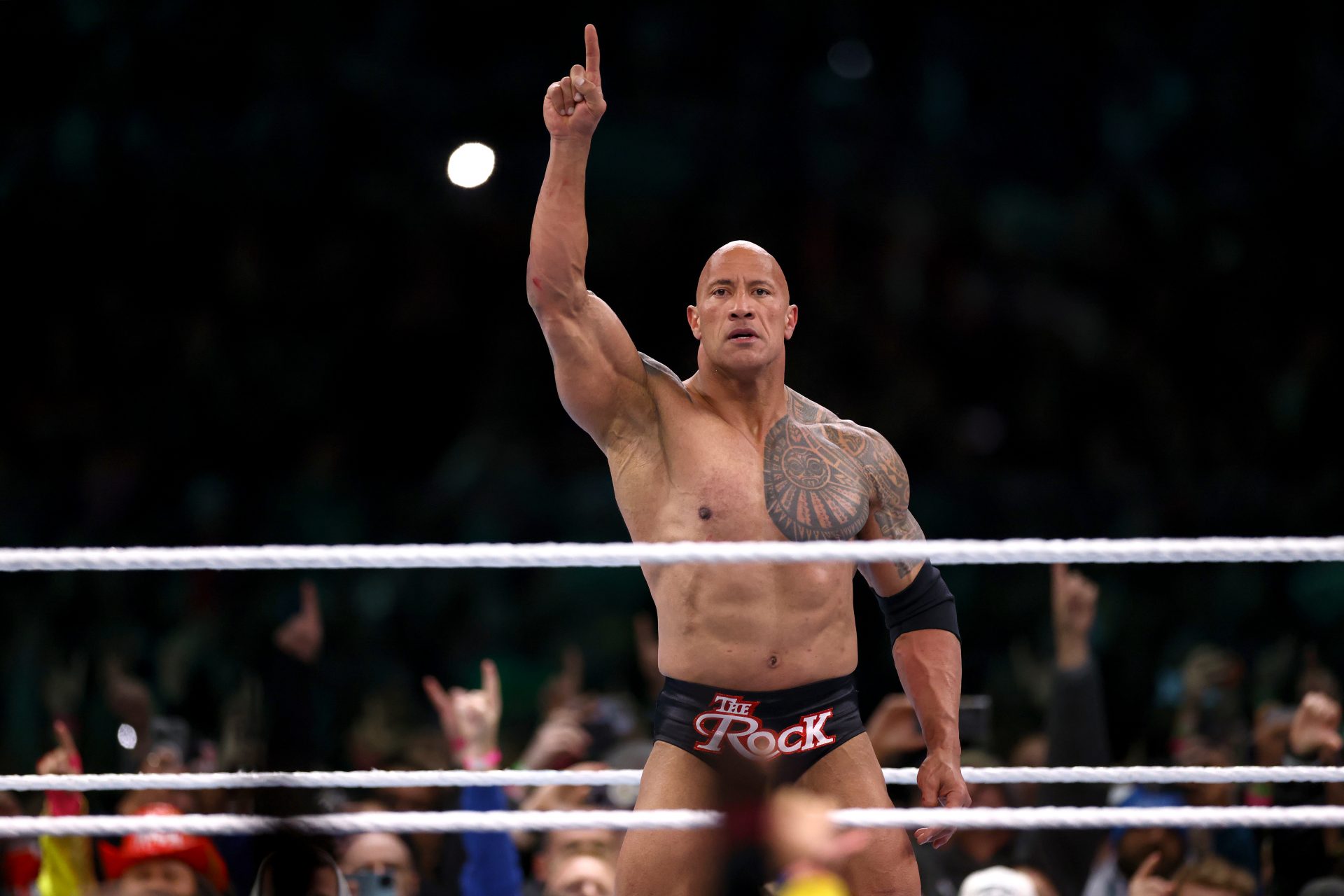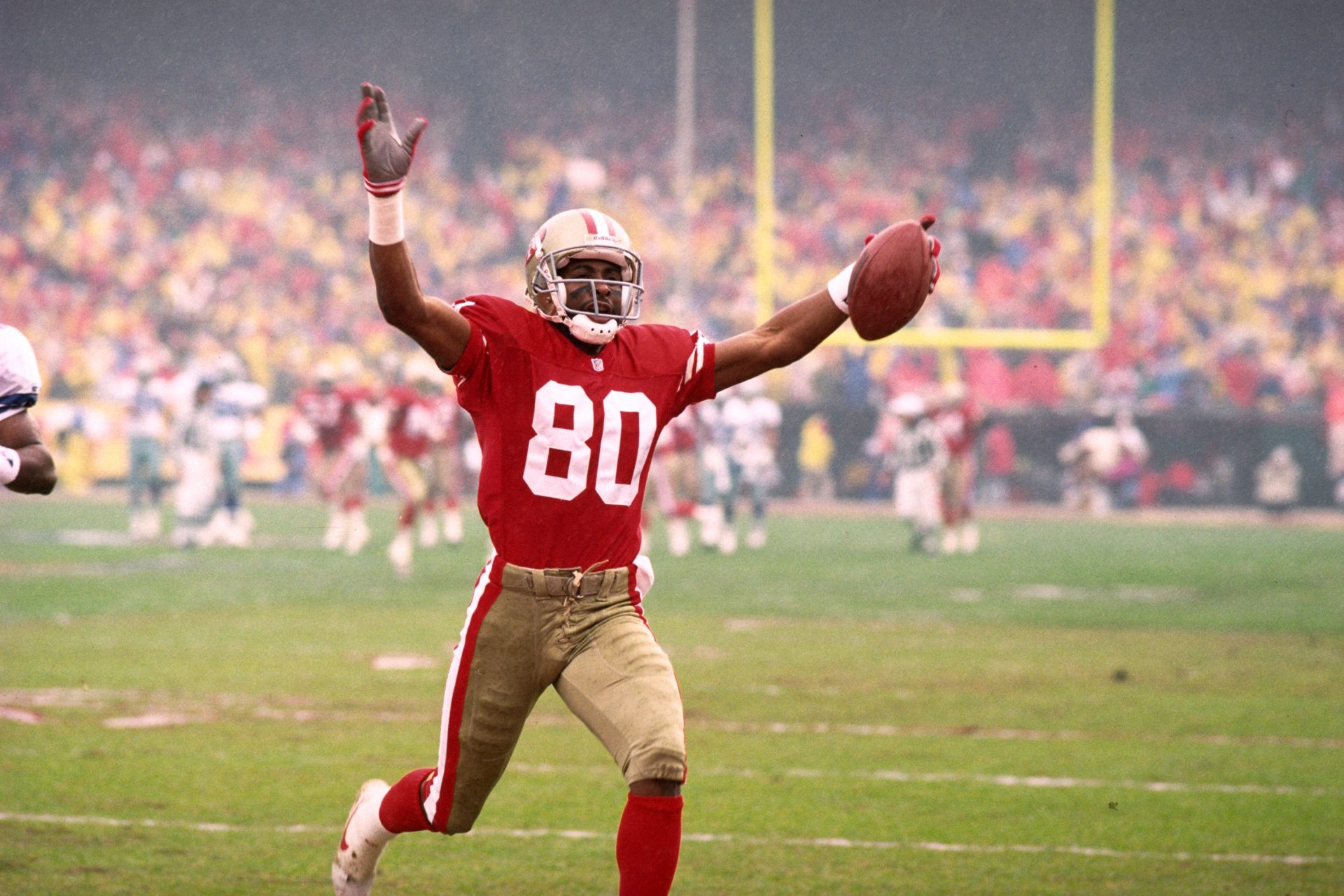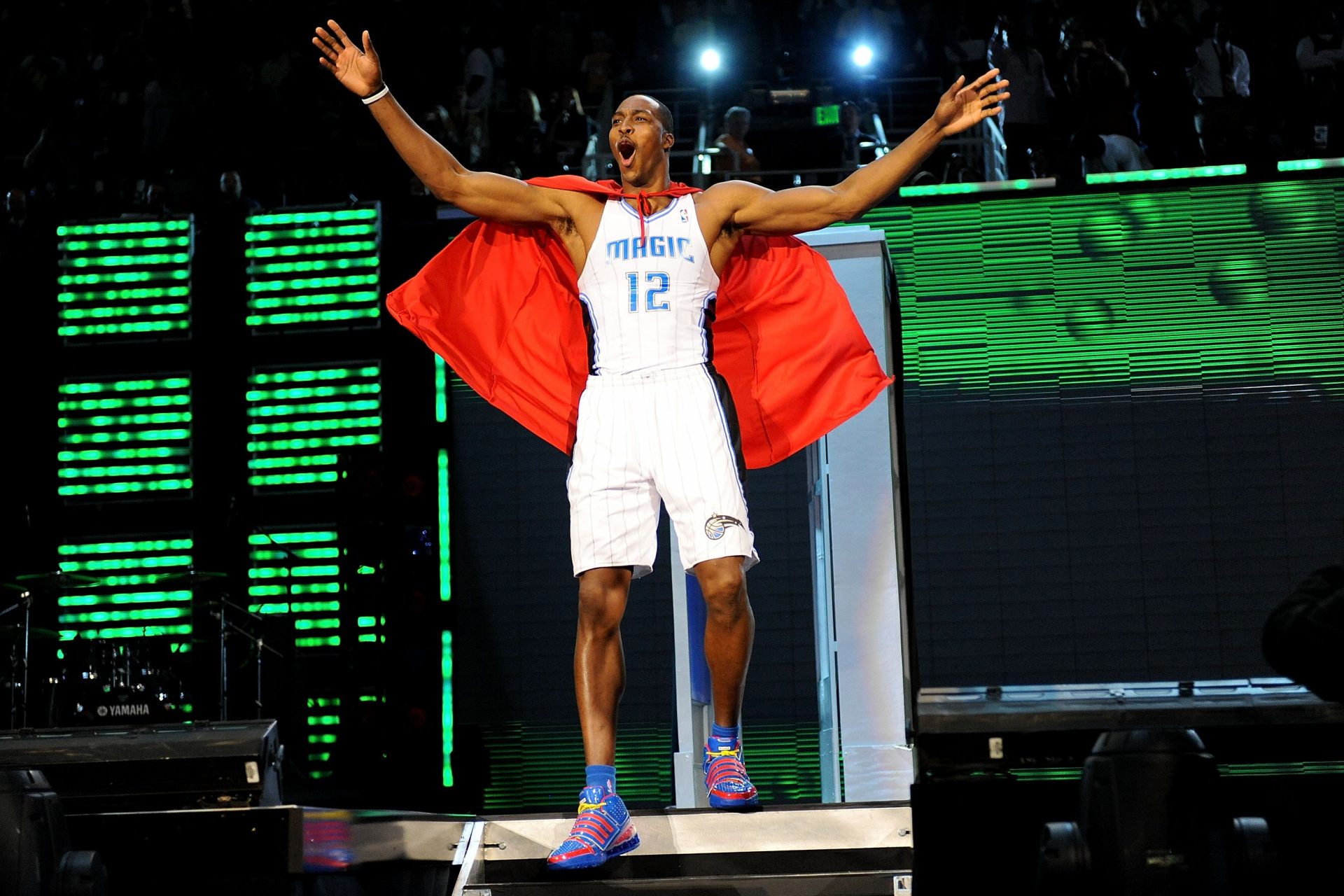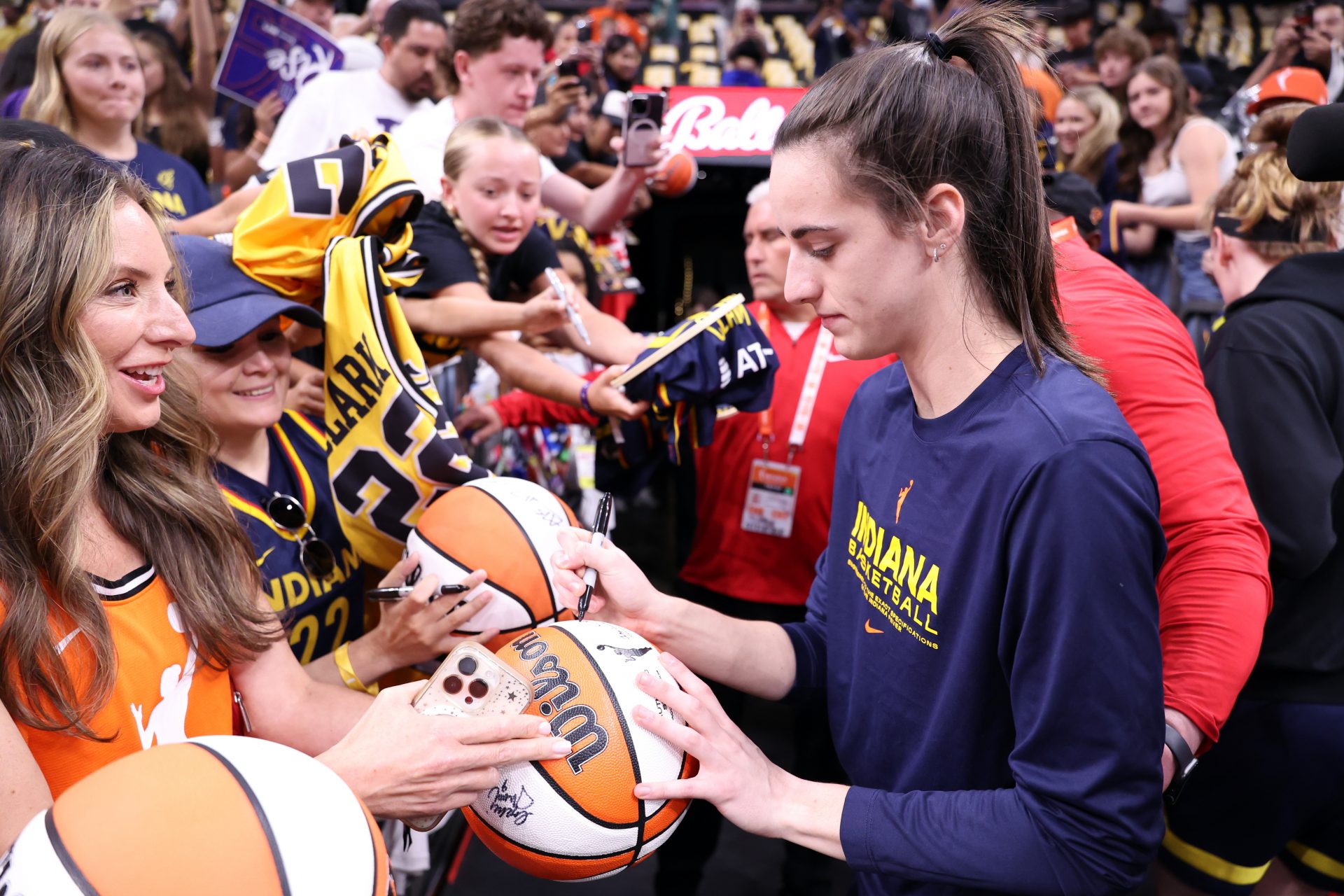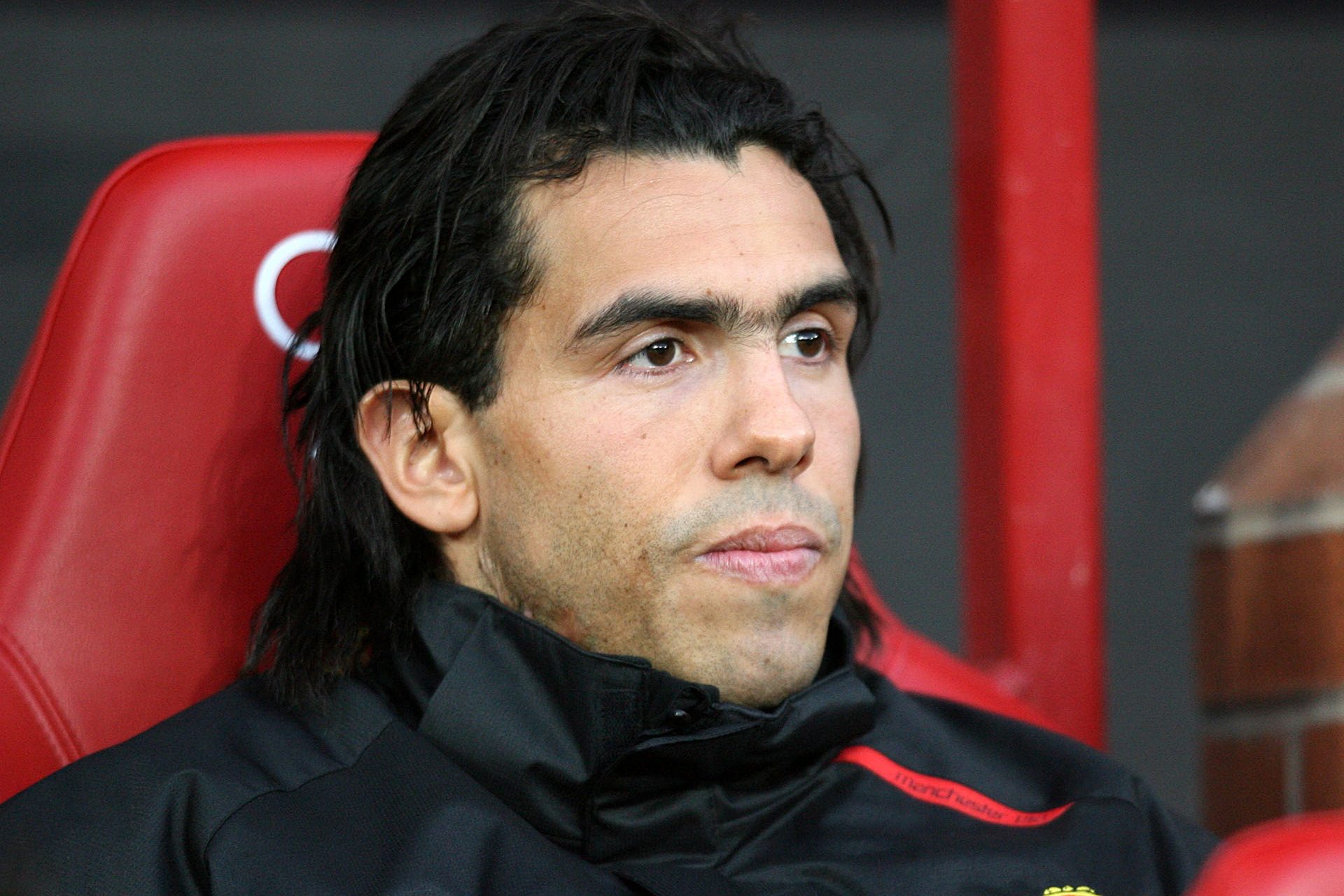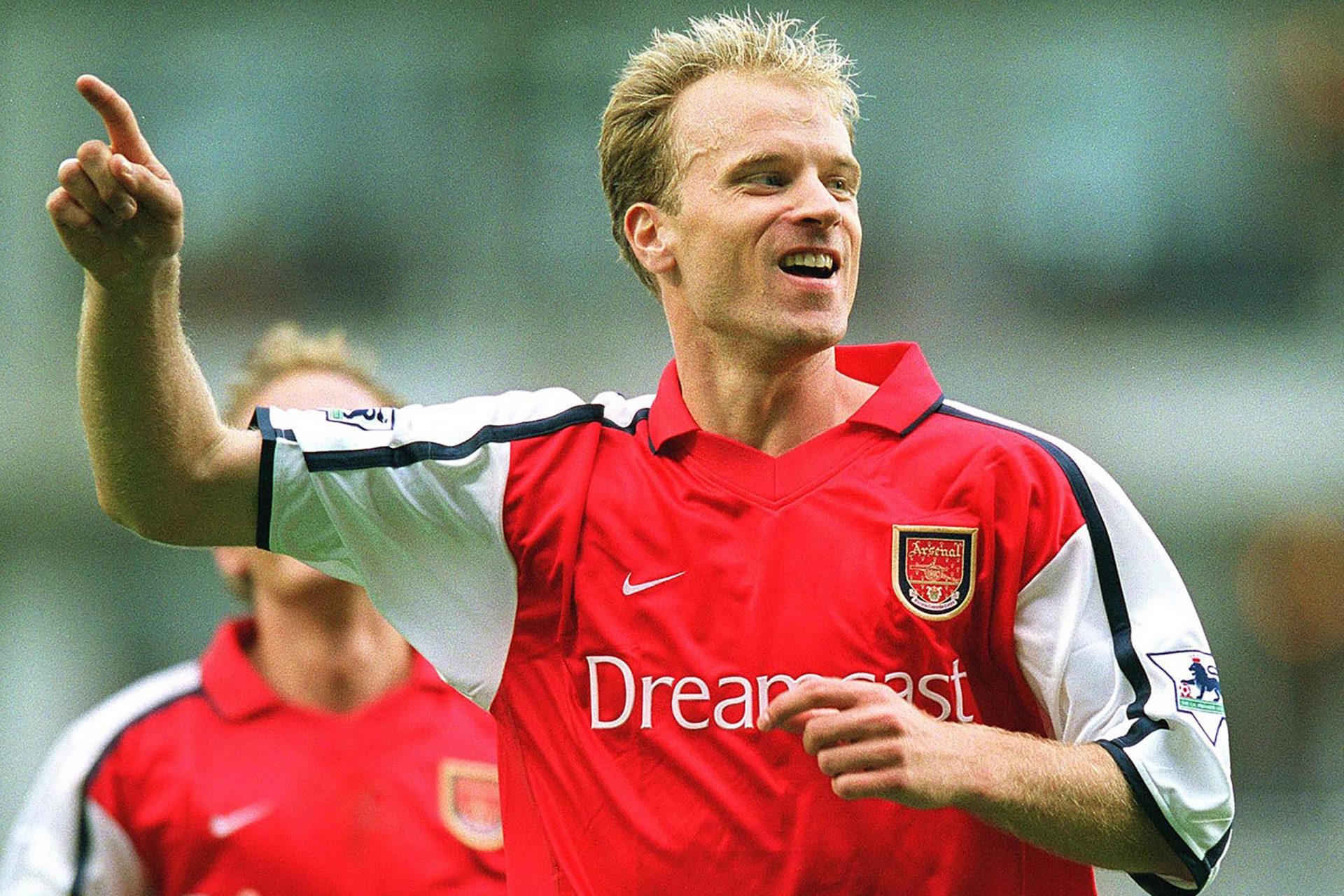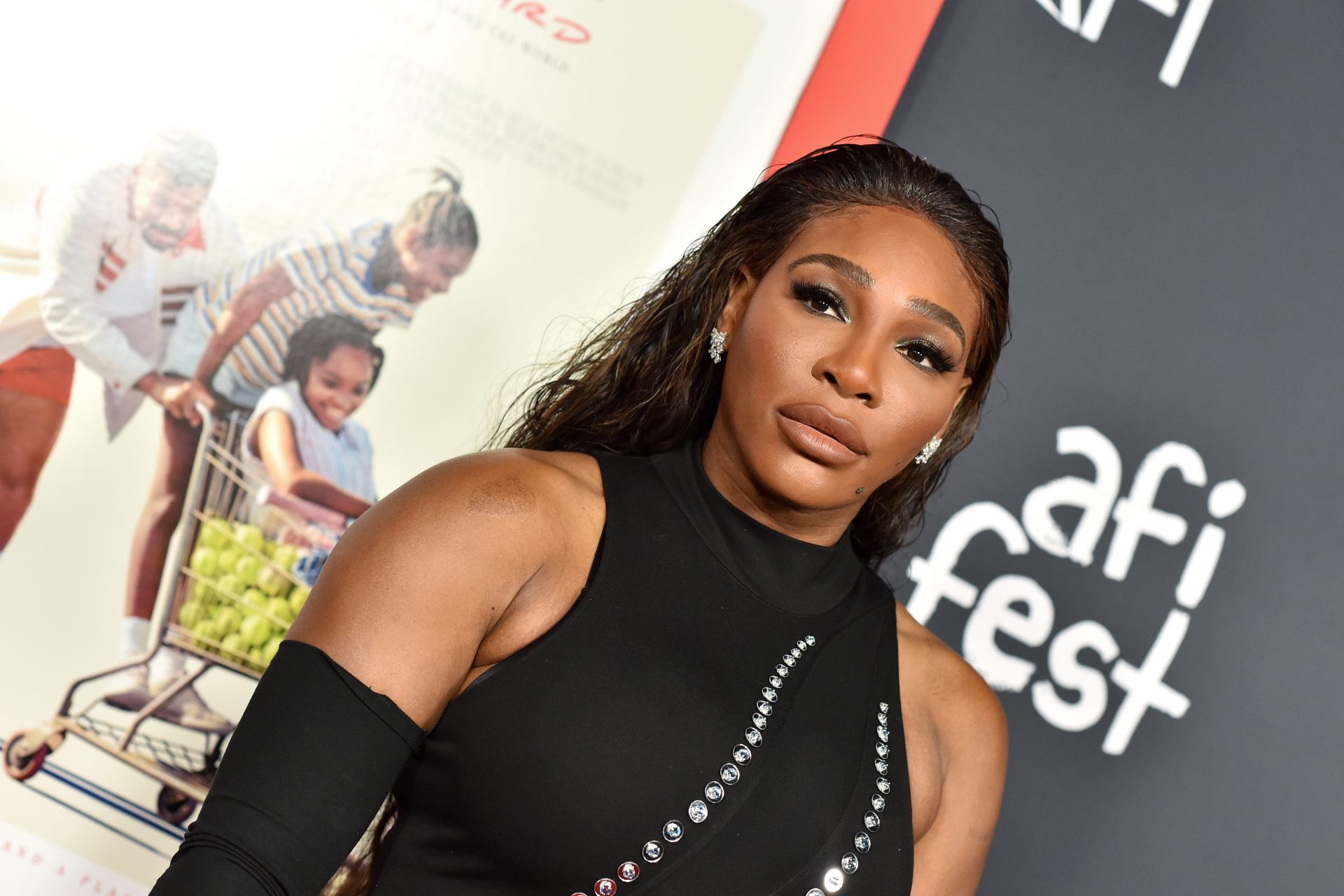The 15 best Croatian footballers of all time – ranked
Croatia may be a small nation (with a population of just 3.85 million in 2023, according to the World Bank), but its footballing achievements are anything but. Since gaining independence in 1991, the 'Vatreni' ('Blazers') have reached two World Cup semi-finals and one final, with their players shining on the biggest stages.
From the golden generation of the 1990s to the stars of today, Croatia has produced some of the finest footballers the world has ever seen. In this slideshow, we rank the 15 best Croatian players of all time based on their skill, achievements and lasting impact.
A regular for the national team from 2004 to 2013, Kranjčar was one of Croatia’s most technically gifted players. He earned 81 caps and scored 15 goals, playing key roles in Croatia’s qualification campaigns for the World Cup and European Championships. Kranjčar enjoyed a solid club career, particularly in the Premier League, with notable stints at Portsmouth and Tottenham Hotspur, where his flair and eye for a long-range goal were on full display.
Want to see more like this? Follow us here for daily sports news, profiles and analysis!
A rugged, intelligent defender, Bilić was a stalwart of Croatia’s golden generation in the 1990s. At club level, he represented West Ham, Everton and Karlsruher SC with distinction and played a pivotal role in Croatia’s historic 1998 World Cup campaign, helping the team finish third. Bilić’s leadership extended beyond the pitch, too. He later managed the Croatian national team, guiding them to the Euro 2008 quarter-finals.
Kovač was the engine of Croatia’s midfield during the 2000s, powered by his relentless work rate and leadership. Kovač made 83 appearances for his country, leading Croatia as captain in multiple tournaments, including the 2004 and 2008 European Championships. His club career spanned elite teams like Bayern Munich and Hertha Berlin, and he later transitioned into coaching, further cementing his place in Croatian football history.
Aerially dominant, Lovren has proven himself to be one of Croatia’s most reliable defenders in history. With 78 caps to his name, he was a consistent presence in the Croatian backline for over a decade. He played a pivotal role in Croatia’s 2018 World Cup run, forming a solid partnership with Domagoj Vida that took the team to the final. At club level, Lovren also achieved great success with Liverpool, including winning the 2019 Champions League and 2020 Premier League.
Croatia’s greatest-ever goalkeeper, with 114 international caps, Pletikosa was a mainstay for the national team from 1999 to 2014, appearing in five major tournaments. Pletikosa’s heroics at Euro 2008 and the 2014 World Cup earned him widespread acclaim, with his penalty saves proving crucial. At club level, he enjoyed a successful career in Russia with Spartak Moscow and Rostov.
Srna is one of the most capped players in Croatian history, with 134 international appearances, many of which came as captain. Renowned for his incredible stamina, leadership and pinpoint crossing, Srna was also a free-kick specialist, scoring key goals in European Championships and World Cup qualifiers. At club level, he became a legend at Shakhtar Donetsk, winning 27 trophies, including a UEFA Cup in 2009.
One of the most elegant central midfielders of his generation, Kovačić has been a key figure for both club and country for a decade. With over 90 caps for Croatia, he played an integral role in their 2018 World Cup journey and their deep run in the 2022 tournament. At club level, Kovačić has enjoyed immense success, winning four Champions League titles with Real Madrid (three) and Chelsea (one), while also representing European powerhouses such as Inter Milan and Manchester City.
Want to see more like this? Follow us here for daily sports news, profiles and analysis!
Perišić has been a crucial figure in much of Croatia’s success this century. His standout performances in the 2018 World Cup, where he scored in both the semi-final and final, are legendary. At club level, Perišić won league titles in Germany and Italy, and he was part of Bayern Munich’s 2020 Champions League-winning squad. With over 120 international caps, his versatility (including the ability to strike the ball with either foot) and knack for scoring crucial goals make him one of Croatia’s all-time greats.
Although injuries limited his international appearances, Bokšić was one of Croatia’s most technically gifted strikers, scoring 10 goals in 40 matches as he became a key figure in their rise during the 1990s. At club level, Bokšić played for elite teams like Lazio, Juventus and Marseille, winning the Serie A, Ligue 1 and a Champions League title with the latter in 1993. His intelligence and grace on the ball made him a joy to watch and a nightmare for defenders.
Mandžukić was a relentless striker who thrived on the biggest stages. He scored one of Croatia’s most iconic goals—a dramatic extra-time winner against England in the 2018 World Cup semi-final. Mandžukić was also a key player for Bayern Munich and Juventus, winning league titles in both Germany and Italy. His acrobatic goal in the 2017 Champions League final for Juve has gone down as one of the competition’s greatest moments. With 33 international goals, Mandžukić is Croatia’s joint second-highest scorer of all time (alongside Perišić).
Prosinečki is one of the most creative players Croatia has ever produced. While playing for Yugoslavia, he was named Best Young Player at the 1990 World Cup in recognition of his incredible dribbling and vision. Prosinečki later starred for Croatia in the 1998 World Cup, scoring two goals as the team finished third. At club level, he won the Champions League with Red Star Belgrade and had spells with Real Madrid and FC Barcelona. His flair and technical brilliance made him a true football artist.
Rakitić was a vital figure in Croatia’s golden generation, forming a world-class midfield duo with Luka Modrić. He was instrumental in Croatia’s run to the 2018 World Cup final while, at club level, he became a key player for Sevilla, winning two Europa Leagues across two spells. In between, he played for FC Barcelona, where he lifted four La Liga titles and a Champions League. With over 100 caps and 15 international goals, Rakitić’s combination of creativity, work rate and tactical intelligence makes him one of Croatia’s all-time greats.
Boban was the heart and soul of Croatia’s golden generation in the 1990s. As captain, he led Croatia to third place in the 1998 World Cup, a feat that firmly put the country on the footballing map. Boban’s elegance, vision and leadership in midfield translated to club level, too, where, at AC Milan, he won four Serie A titles and a Champions League in 1994. Boban’s influence also went beyond the pitch: he became a symbol of Croatia’s resilience and pride during a transformative era.
Šuker is arguably Croatia’s most iconic striker and remains the country’s all-time leading scorer with 45 goals in 69 appearances. His crowning achievement came at the 1998 World Cup, where he won the Golden Boot with six goals, helping Croatia secure an incredible third-place finish. Šuker’s precision and composure in front of goal earned him stints at elite clubs like Real Madrid, where he won La Liga in 1997 and the Champions League in the following year. As a pure goalscorer and clinical finisher, Šuker’s legacy as a footballing legend is unmatched in Croatian history.
Modrić is Croatia’s most decorated player and one of the finest midfielders of his generation. He captained Croatia to their first-ever World Cup final in 2018, winning the Golden Ball for his extraordinary performances. At Real Madrid, Modrić has won six Champions League titles and a Ballon d’Or in 2018, becoming the first player in a decade to break Lionel Messi and Cristiano Ronaldo’s dominance. With over 170 international caps, Modrić’s vision, composure and ability to dictate games well into his late-30s have made him an icon.
Want to see more like this? Follow us here for daily sports news, profiles and analysis!
More for you
Top Stories



